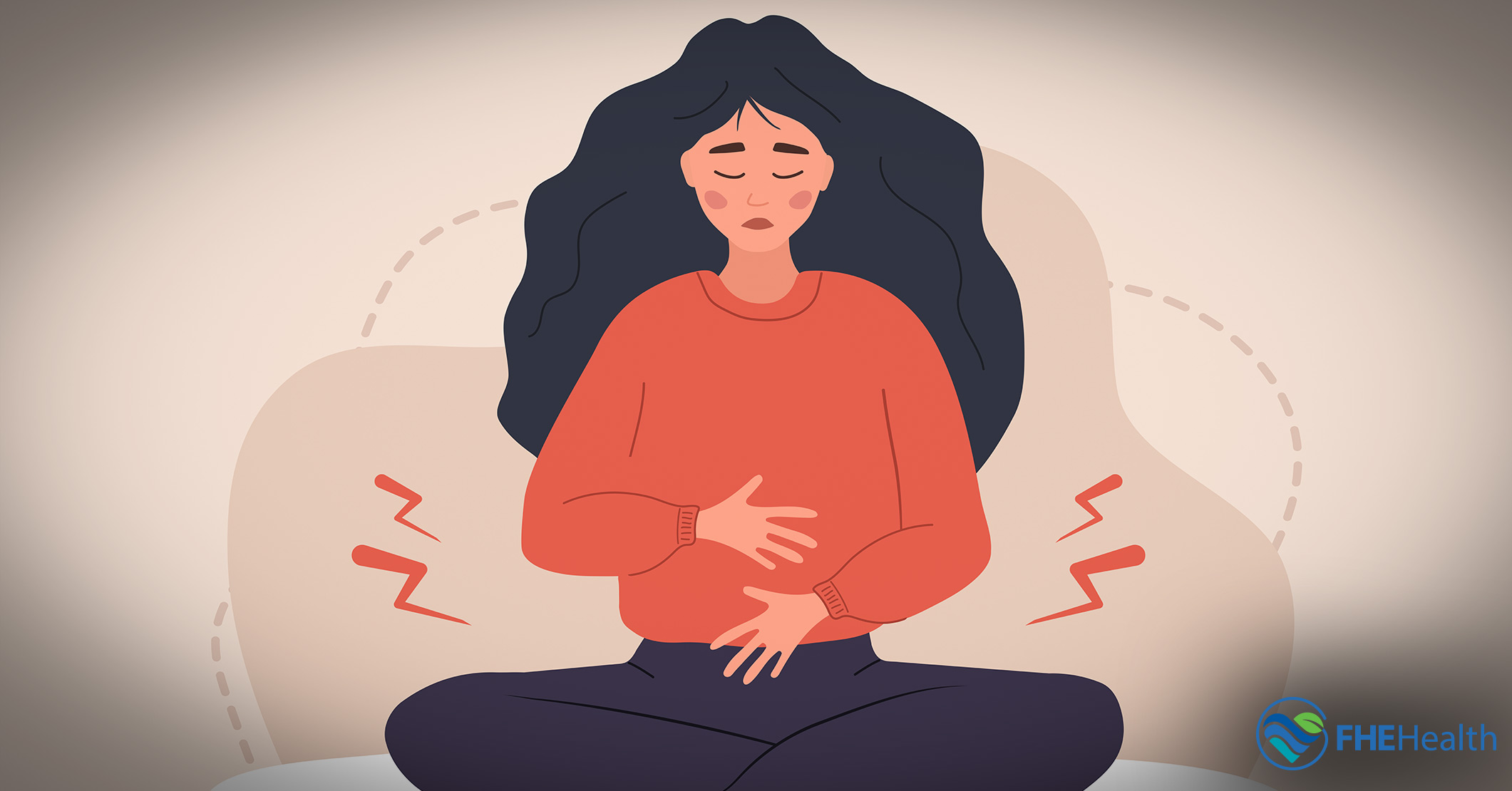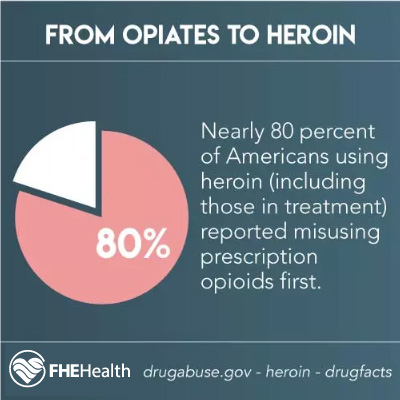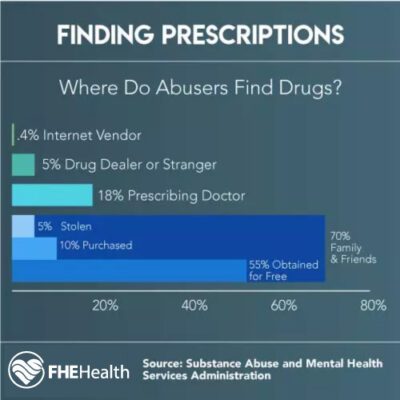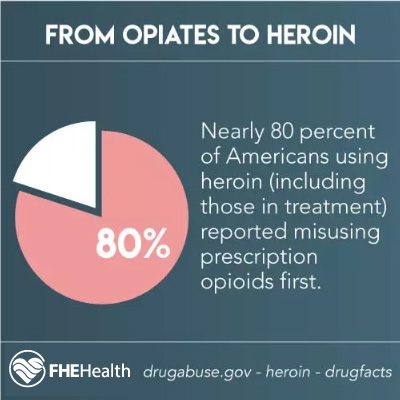
Beginning in the late 1990s, drug manufacturers assured health care professionals that people would not get addicted to pain relievers containing opioid analgesics. Consequently, doctors started prescribing opioid painkillers like Vicodin, OxyContin and hydrocodone.
The American Society of Addiction Medicine reports that prescribing rates for prescription opioid analgesics among teenagers and young adults doubled between 1994 and 2007. They knew what chronic pain does to a person, but not what effects these medications could have with long-term use. In 2017, the U.S. Department of Health and Human Services issued a public health emergency over the burgeoning epidemic of prescription opioid addiction.
Doctors prescribing powerful painkillers to people dealing with chronic pain now know how addictive these pain pills are and that they can lead to heroin use. According to a government report, the number of individuals abusing heroin grew by nearly 300,000 over the past decade.
Even more concerning, the National Institute on Drug Abuse estimates that close to half of people between the ages of 16 and 35 turned to heroin after they could no longer access prescription pain pills provided by their doctor.
What Chronic Pain Does to a Person
Chronic pain is a type of pain that occurs endlessly, causing issues day in and day out.
In addition to physical pain, the link between chronic pain and mental health is strong. Somewhere between 30% and 45% of people with chronic pain also are diagnosed with depression, and other mental health issues are quite common as well.
This connection is one of the most overlooked effects of chronic pain, but it’s quite serious. Those suffering from mental illnesses are also more prone to addiction, creating dangerous conditions that can lead to disaster.
Do All People Using Painkillers Become Addicted to Them?
 Not all chronic pain sufferers become addicted to their pain medication. Addiction to pain pills depends on many factors. The intensity of pain, how well the person is able to cope with pain, genetics and other psychosocial aspects of life come into play.
Not all chronic pain sufferers become addicted to their pain medication. Addiction to pain pills depends on many factors. The intensity of pain, how well the person is able to cope with pain, genetics and other psychosocial aspects of life come into play.
What generally happens in the process of becoming addicted to high-potency pain relievers is that the person starts taking more of the medication than is prescribed, perhaps beginning with three pills a day instead of two. Taking that extra pill initiates a tolerance to the medication. As tolerance builds, the user needs more and more pain medication to feel relief.
Tolerance involves the liver processing the medication more quickly and effectively while the brain does not. The brain thinks it needs higher doses of pain pills due to chemical imbalances similar to those suffered by illegal drug addicts. For some people, a chronic pain condition and addiction reinforce each other enough to make addiction an almost inevitable result of trying to manage chronic pain with opioid analgesics.
Research has also discovered that some people prone to pain pill addiction have the same risk factors drug addicts do. Genetics, life experience, environment and the absence of healthy coping mechanisms all contribute to the risk of developing a physical and/or psychological dependence on addictive drugs. Someone who previously never had access to drugs like heroin or methamphetamine may find that prescription painkillers trigger a latent vulnerability to addiction.
Signs of an Addiction to Painkillers
 Not following directions for taking the medication (and consequently running out of pills before the end of the month)
Not following directions for taking the medication (and consequently running out of pills before the end of the month)- Missing work because they are high on pills, can’t get up in the morning or are suffering withdrawal symptoms
- Lying to their doctor to get more pain pills (lost pills, pain worsening, what you are prescribing isn’t working, etc.)
- “Doctor-shopping,” going from one doctor to another to gather multiple prescriptions for pain
- Neglecting family and work responsibilities
- Getting caught by law enforcement driving while under the influence of drugs or carrying pills not properly contained in prescription bottles
It’s surprisingly easy to get more prescriptions by going to different doctors. Moreover, many pain pill addicts may start buying off the street to feed their addiction if they can’t access enough pills to ward off withdrawal symptoms.
While some doctors may provide patients with more than one refill per month, others will stop the prescription once they realize a patient is abusing the drug. This leads to the next phase of prescription abuse — becoming addicted to heroin.
OxyContin (Oxycodone) Addiction
Similar to heroin in potency and addiction potential, OxyContin is a pain reliever marketed as a time-release tablet containing oxycodone, a chemical derived from the poppy plant. Initially thought to be an alternative to morphine, OxyContin use and abuse reached epidemic proportions in the United States several years ago. It continues to be one of the most abused pharmaceutical pain relievers available.
Usually prescribed to cancer patients or people suffering moderate to severe pain, OxyContin and other oxycodone medications give users an intensely euphoric sensation of well-being and calm. This opioid alters brain chemistry just like heroin because it targets the same brain receptors. Long-term abusers of oxycodone may start crushing tablets and mixing the powder with water so they can inject it directly into their veins.
Managing Chronic Pain and Defeating a Pain Pill or Heroin Addiction
 Attempting to overcome an opioid addiction alone can be potentially life-threatening. Even short-term exposure to prescription pain pills causes changes in the brain, so the risk of dependency and developing a tolerance for the drug is extremely high. Stopping the drug or just reducing the dosage can induce “rebound” symptoms in people addicted to opioids.
Attempting to overcome an opioid addiction alone can be potentially life-threatening. Even short-term exposure to prescription pain pills causes changes in the brain, so the risk of dependency and developing a tolerance for the drug is extremely high. Stopping the drug or just reducing the dosage can induce “rebound” symptoms in people addicted to opioids.
Rebound symptoms involve worsening of pain and a significantly reduced ability to tolerate even minor pain. Withdrawing from opioids without a medical detoxification could cause severe withdrawal symptoms such as seizures, psychotic episodes, heart palpitations/arrhythmia and extreme weight loss from vomiting and appetite loss.
We Can Help
For people who are severely addicted to prescription or illegal opioids, we offer a medically supervised detoxification program and medications that help ease withdrawal symptoms and cravings. In addition, detoxification programs are accompanied by individual counseling structured to meet the psychological and physical needs of patients.
FHE Health provides a safe haven for opioid addicts who need the kind of compassionate, comprehensive medical care necessary for a successful detoxification and recovery. Following detoxification, patients are placed in a series of counseling sessions employing CBT and other psychotherapy techniques. Individualized recovery programs are supported by group therapy, holistic pain management, relaxation techniques and empathetic instruction in improved coping skills and spiritual counseling. Contact us to get help today.






